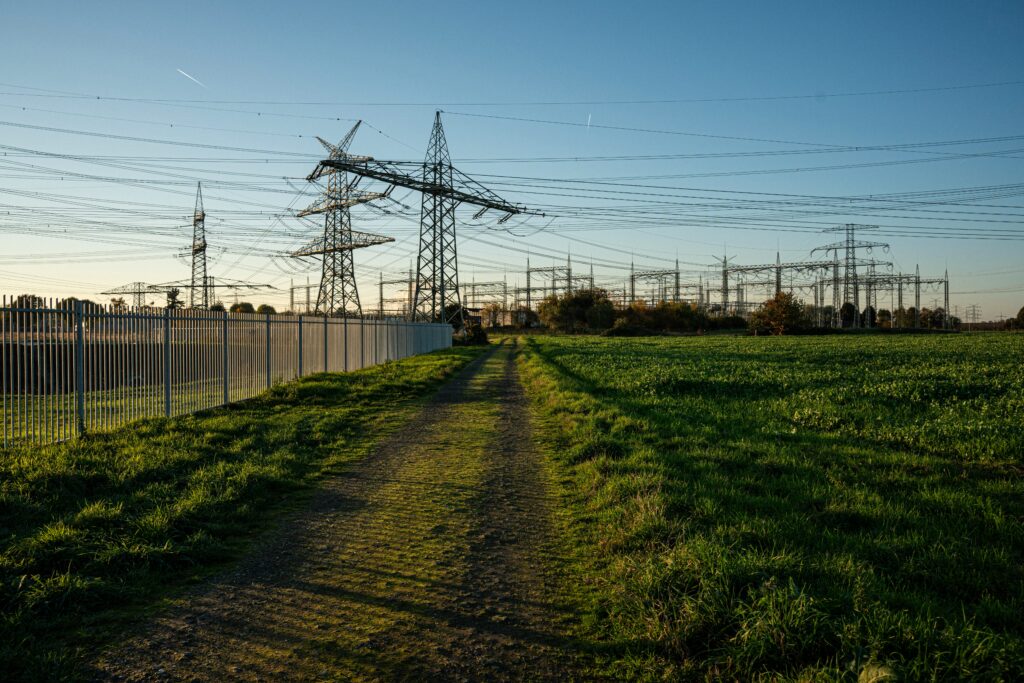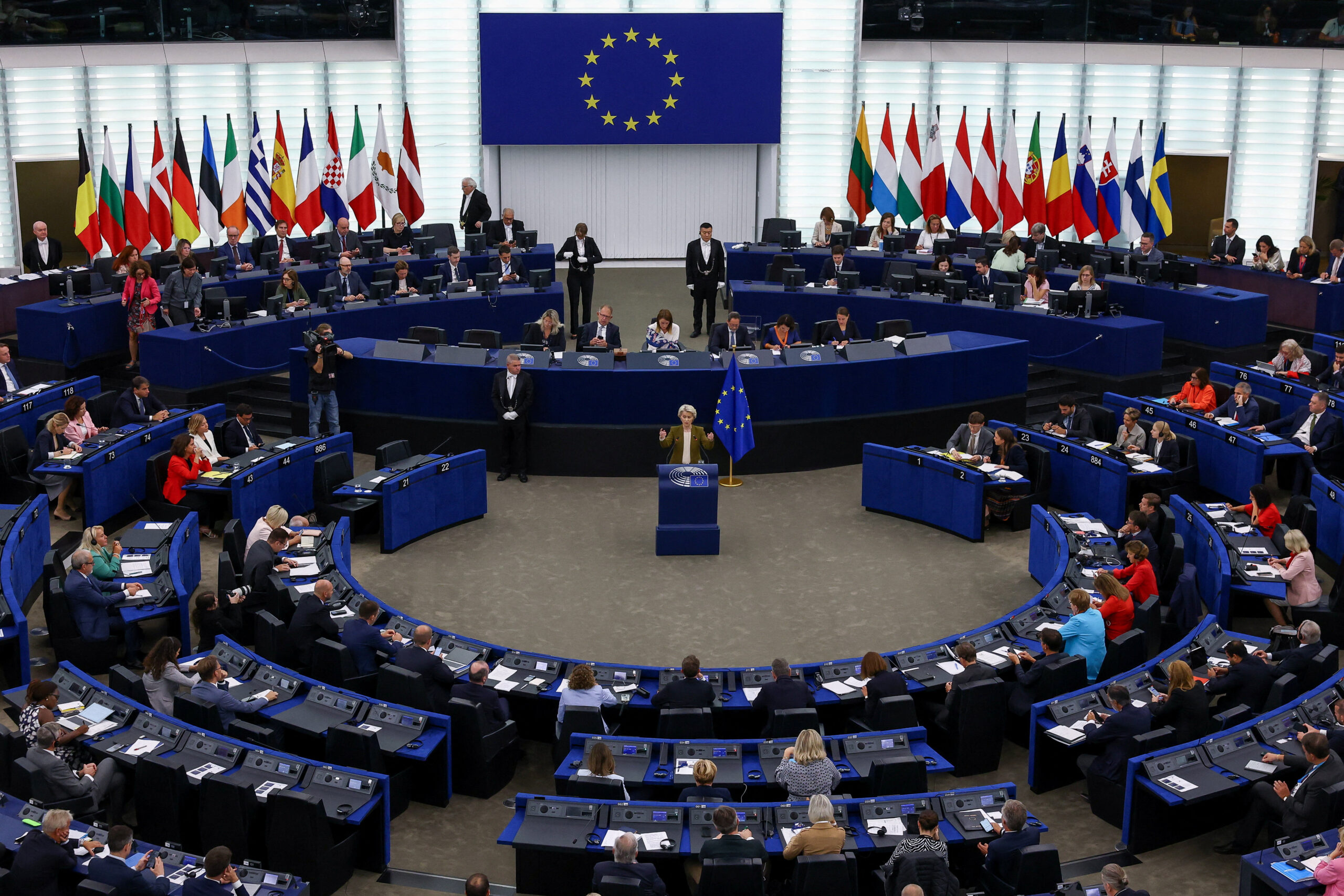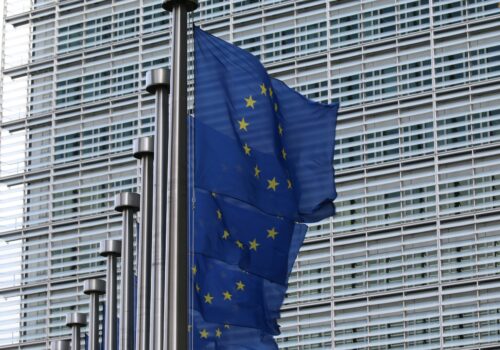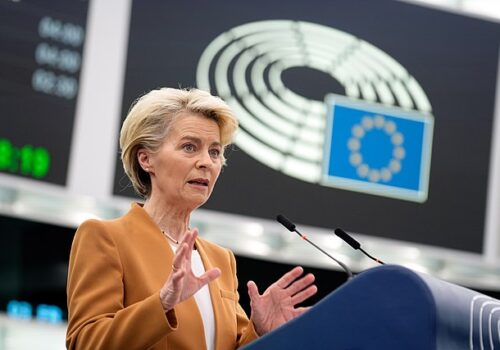Russia’s full-scale invasion exposed fundamental weaknesses in Europe’s energy infrastructure, especially within Central and Eastern Europe (CEE). Yet, after these vulnerabilities were exposed, CEE leveraged its strengths—building new liquefied natural gas (LNG) infrastructure, boosting renewable deployment, and expanding cross-border interconnections—to enhance energy security and reduce Europe’s dependence on Russia. These steps placed CEE at the center of Europe’s energy metamorphosis.
Now, as the European Union (EU) prepares for its next enlargement wave, involving several CEE candidate countries, it must carefully consider how to incorporate energy security and energy transition priorities in the process. Enlargement could either become a catalyst for competitiveness, energy security, and geopolitical influence, or it could deepen internal divisions and create geopolitical vulnerabilities.
Enlargement should drive energy and industrial strategy
The upcoming seven-year EU budget, the Multiannual Financial Framework (MFF), provides Brussels a rare opportunity to strategically fund additional cross-border energy infrastructure, including with EU membership candidates. These investments—interconnections, transmission grids, and storage facilities—are prerequisites for a resilient, integrated European energy market that can ensure secure and affordable energy, enhance competitiveness, and better absorb market or geopolitical shocks. In the current budget cycle, the EU has already channeled some funds through instruments such as the Connecting Europe Facility (CEF) and the Recovery and Resilience Facility (RRF) to upgrade grids, expand LNG capacity, and strengthen cross-border links. Yet, despite these steps, it remains unclear whether the next MFF will place an increased strategic emphasis on energy security investments, particularly in CEE and candidate countries, given the heightened challenges of recent years.
By prioritizing energy security in the MFF, Brussels could create a positive spillover effect that strengthens supply chains, accelerates market integration, and lowers systemic risks for candidate economies. Without such dedicated focus, candidate countries will remain structurally vulnerable to energy disruptions, supply shortages, and geopolitical shocks.
Supporting energy security infrastructure in candidate countries isn’t just about resilience—it’s about revitalizing EU competitiveness, especially in CEE. That is because high energy costs—compared to the United States and other global competitors—combined with limited grid interconnections and aging infrastructure undermine CEE competitiveness and keep regional prices persistently above the EU average.
Additionally, as the EU plans for Ukraine’s accession in particular, it must accelerate the country’s energy integration, which will support broader energy security and competitiveness imperatives. The war has destroyed much of Ukraine’s energy infrastructure, but rebuilding it offers the chance to embed clean technologies, decentralized grids, and critical interconnections from the outset. Ukraine’s gas storage infrastructure can bolster regional energy security, while rebuilding its systems and adding new components—manufactured in Europe with US partners—offers a chance to create jobs and drive innovation, with benefits extending across the CEE region.
This process must be transatlantic by design. US innovation in nuclear technologies—especially small modular reactors—as well as financing mechanisms for potential critical raw material or geothermal projects, could accelerate Ukraine’s integration into the EU’s energy architecture. Moreover, anchoring Ukraine’s accession within a broader energy reconstruction framework aligns geopolitical and economic incentives for both Brussels and Washington.
The 2040 test
In parallel with energy integration of candidate countries, EU enlargement also warrants consideration for how this integration will impact its emissions-reduction strategy. The EU’s recently proposed 2040 climate target to reduce emissions 90 percent from 1990 levels will reshape Europe’s energy sector and economy over the next two decades. This target, however, will be finalized before candidate countries join, leaving candidates to face a “take it or leave it” scenario: They will have to adopt highly ambitious, resource-intensive commitments without the ability to negotiate.
This approach risks undermining cohesion and creating political backlash in both candidate and current member states. To avoid this outcome, prospective members must be brought into these negotiations early to ensure that 2040 targets are achievable.
The diverse energy starting points of prospective member states—many still heavily reliant on fossil fuels or constrained by outdated infrastructure—raise critical questions about the EU’s ability to meet its 2040 targets while ensuring fair transitions that do not compromise either these countries’ economic development or the bloc’s collective climate goals.
The EU must consider the role of enlargement in shaping its climate and energy objectives—both internally and externally. Integrating new members into target-setting processes not only strengthens policy credibility internally, it also signals externally that Europe is pursuing a coordinated, continent-wide transformation.
Brussels’ geopolitical moment
In August, former Italian prime minister Mario Draghi issued a stark warning that Europe’s illusion that its economic size brings geopolitical influence has “evaporated.” Without coordinated action, he argued, Europe risks falling behind in industrial competitiveness, energy security, and global influence.
EU enlargement, if strategically tied to CEE energy security, offers Brussels a way back into the geopolitical game. By integrating candidate countries into its energy systems, investing in their infrastructure, and aligning transatlantic objectives, the EU can turn vulnerability into strength.
Europe stands at a crossroads. CEE has already proven its resilience in the face of historic energy shocks, but its future—and Europe’s geopolitical relevance—depends on how enlargement is managed. Investing in candidate countries’ energy security, embedding transatlantic partnerships, and negotiating fair climate commitments are not side issues; they are the foundation of Europe’s competitive, secure, and sustainable future.
Andrei Covatariu is a nonresident senior fellow with the Atlantic Council Global Energy Center.
Stay connected
Sign up for PowerPlay, the Atlantic Council’s bimonthly newsletter keeping you up to date on all facets of the energy transition
about the author
related content
our work

The Global Energy Center develops and promotes pragmatic and nonpartisan policy solutions designed to advance global energy security, enhance economic opportunity, and accelerate pathways to net-zero emissions.
Image: Power lines (Sorin Basangeac, Unsplash,https://unsplash.com/photos/a-dirt-road-in-the-middle-of-a-field-Eg98wVsX3XY).




